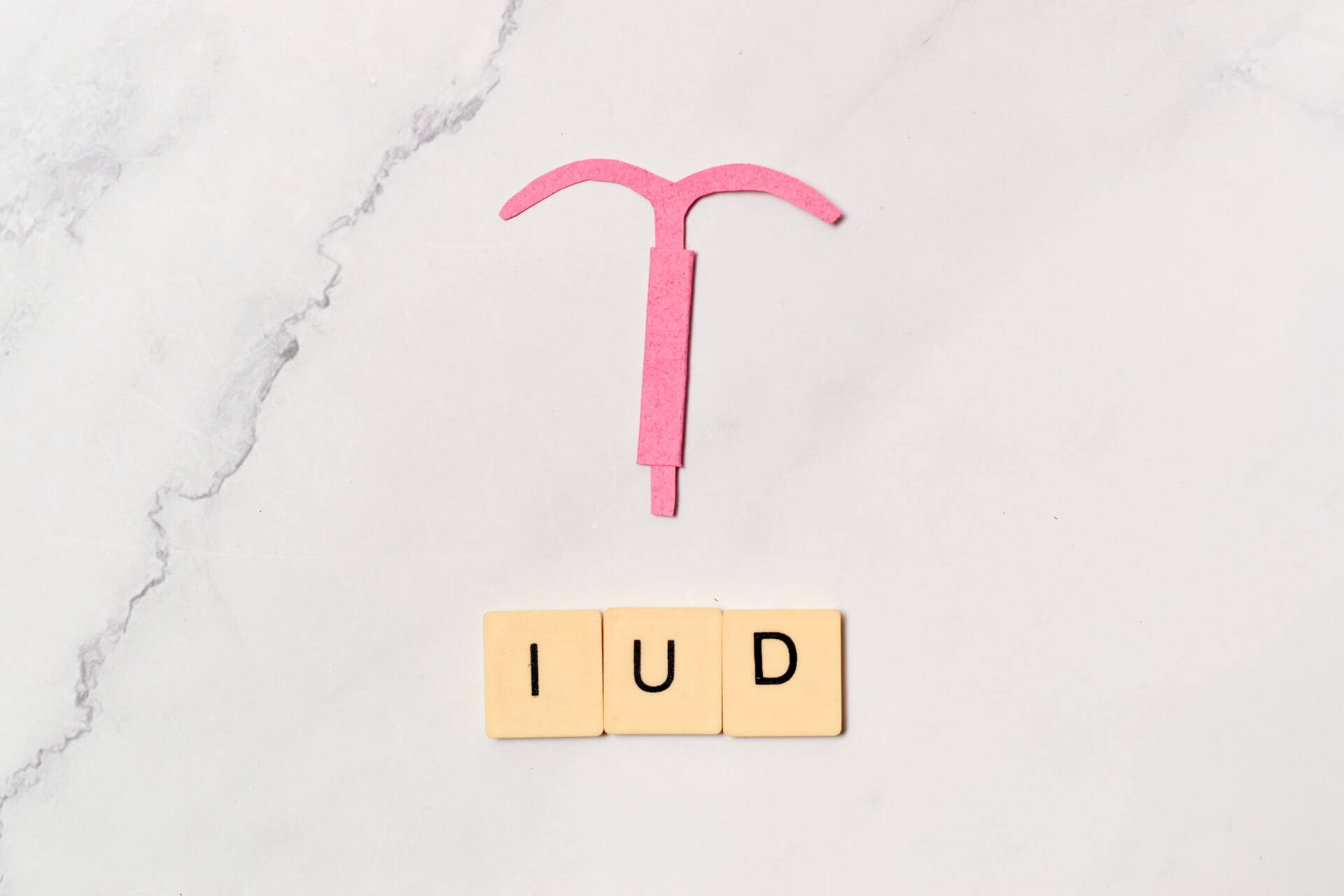how physical activity improves reproductive health
Fertility, pregnancy, and mental health are all affected by your reproductive health. Exercising and reproductive health are inextricably linked.
Overall health | physical activity
You may improve your overall health by increasing your physical activity! Continue reading to understand why exercise is beneficial to reproductive health, what precise advantages you may expect, and the forms of exercise that are effective!
How physical activity influences fertility
What is the relationship between exercise and fertility? It is not required to engage in strenuous exercise to get its benefits. Light to moderate exercise, according to preliminary research, may boost reproductive function.
The reproductive system’s primary activities include the production of egg and sperm cells, as well as the movement and nurturing of cells and progeny. More rigorous and severe exercise can promote ovulation if you want to increase fertility directly…
Unmonitored activity, on the other hand, can lead to over-exercise, which has a detrimental influence on fertility; therefore, it is always vital to maintain an exercise program and a healthy body weight when exercising.
Exercise on a consistent and regular basis is essential for preserving the health of your reproductive systems.
Ovulation
According to medical research, exercise and fertility are inextricably linked. Consistent, healthful exercise can boost ovulation, resulting in more regular menstrual cycles and improved fertility.
The effect of exercise on ovulation and anovulation varies based on the intensity and schedule of the activity.
Anovulation
Anovulation is the lack of ovulation; it can lead to infertility and is caused by a hormonal imbalance that results in ovulation.
Anovulation can be a symptom of polycystic ovarian syndrome, which is characterized by larger ovaries with tiny cysts on the outside margins.
Birth control pills, which aim to regulate periods, and hormones, which boost fertility, are remedies to this problem. Pandia Health now offers birth control after talking with your doctor about what is best for you and your body!
Too much exercise
People who exercise hard for more than an hour every day are at a higher risk of anovulation. However, moderate-intensity exercise, lasting just 30-60 minutes each day, has been linked to a lower incidence of anovulatory infertility.
Moderate exercise
Moderate exercise is essential for maintaining healthy, regular menstrual periods and improving fertility.
Exercise aids with weight loss and reproductive health.
Exercise can help you lose weight if you do it on a regular basis, however the effectiveness of exercise for weight reduction often overstated.
People must be aware of the long-term health advantages of exercise in order to sustain reproductive health.
Exercise can also help lower the risk of heart disease, diabetes, stroke, high blood pressure, osteoporosis, and some malignancies, as well as reduce stress and increase your mood.

Make dietary adjustments
To reduce weight, you must not only exercise but also follow other good life habits. Dietary adjustments, like exercise, are a means of burning calories.
Strength training and weight training that targets particular regions also assist to increase lean body mass, which aids in weight reduction.
According to medical research, losing weight and exercising boost fertility in women who are trying to conceive.
Maintaining reproductive health can be accomplished by maintaining a healthy body weight and exercising on a regular basis.
Weight loss and physical activity are vital in getting pregnant and having a healthy pregnancy for overweight women who are attempting to conceive. vigorous exercise (defined as >5 hours of high intensity exercise per week — skip ahead for what this means!) may only be beneficial in women with high body-fat percentage
Weight Loss Exercises
Walking is a low-impact moderate activity that is closely linked to weight loss. Harvard Health researchers report how a 155-pound (70-kg) individual may burn around 167 calories per 30 minutes of moderate walking at a speed of 4 mph (6.4 km/h).
You may also alter your degree of walking; more difficult uphill treks will boost the quantity of calories you burn. Keeping track of how much you walk is simple with iPhone applications and watches that record daily movement.
For those looking for more physical activity, jogging and running are a step up from walking. The difference between jogging and running is that jogging is done at a rate of 4–6 mph (6.4–9.7 km/h), whereas running is done at a rate of 6 (or more) mph (9.7 km/h).
According to the Harvard study, jogging and running burn visceral fat. A 155-pound (70-kg) individual may burn around 298 calories every 30 minutes of jogging at a 5-mph (8-km/h) pace, or 372 calories per 30 minutes of running at a 6-mph (9.7-km/h) pace.
Running and jogging are both efficient forms of vigorous exercise that use all of the major muscles.
Cycling outside, at gyms, and on stationary cycles is another approach to reduce weight and keep a healthy weight and BMI. According to the Harvard research, a 155-pound (70-kg) individual may burn roughly 260 calories per 30 minutes of riding at a constant moderate speed on a stationary bike, or 298 calories per 30 minutes of cycling outside at a moderate pace of 12–13.9 mph (19–22.4 km/h).
Cycling both outside and inside is an easy approach to shed weight while also benefiting and maintaining reproductive health.
Weight training and interval exercise are two more methods for losing weight.
Weight training strengthens main muscles and is considered a moderate to strenuous workout by many women. According to Harvard Health, a 155-pound (70-kg) individual burns around 112 calories for every 30 minutes of weight exercise.
Women’s and men’s metabolic rates are said to have increased, implying that calories are burnt more efficiently. Interval training, often known as high-intensity training, consists of high-intensity workouts followed by rest intervals.
This promotes reproductive health by assisting in the maintenance of a healthy weight.
Incorporating these specific activities into your workout program is critical for keeping a healthy normal weight and a healthy reproductive system.
This is especially helpful for women who have an irregular menstrual cycle or who wish to boost their fertility.
How can weight effect fertility?
While maintaining a healthy weight through exercise and moderate activity improves reproductive health and fertility, extreme exercise has been linked to a drop in fertility.
That is why it is critical to continuously check your activity to ensure you maintain a healthy weight, BMI, and muscle mass. According to medical research, rigorous exercise for more than an hour every day might reduce hormone production.
Because these hormones are crucial for ovarian function, this reduces fertility. Exercising too much causes your ovaries to become inactive, and they might subsequently cease generating eggs and estrogen. While vigorous exercise may appear to be a quick method to reduce weight, it also increases your risk of decreased reproduction and general health.
Consistently monitor your workout to have a healthy reproductive system.

What effect does exercise have on mental health?
Doctors explain how exercise might help with some types of sadness and anxiety. A Harvard T.H. Chan School of Public Health study revealed that running for 15 minutes a day or walking for an hour reduced the risk of severe depression by 26%.
It can also help with anxiety, tension, and stress. It enhances general well-being and increases physical and mental vitality while minimizing stress by producing endorphins.
You may suffer extraordinary tension, worry, and depression throughout your menstrual cycle. Exercise can improve your mental health by producing endorphins!
This reduction in physiological stress and anxiety helps with hormonal symptoms, allowing you to preserve your reproductive health.
Pregnancy and Exercise
For healthy pregnant women to flourish throughout their pregnancy, moderate-intensity aerobic exercise is essential. Overall, it is incredibly helpful to their body and mind.
It promotes healthy weight growth and protects against reproductive and cardiovascular illnesses. Additionally, it can alleviate several typical pregnant discomforts, such as constipation, back pain, and swelling in your legs, ankles, and feet.
Gestational diabetes and preeclampsia are frequent pregnancy disorders that have an influence on a healthy pregnancy and birth; thus, continuous supervised exercise is critical.
Aerobic activity that is too vigorous can be detrimental, but a moderate exercise plan that is regulated is suggested for healthy women.

Keeping up the fight for labor
You may endeavor to ensure good labor by maintaining a healthy weight and a strong body. According to several research, women who exercise consistently had a decreased risk of having a c-section, less pain and discomfort during childbirth, and a faster postpartum recovery.
There are extra labor-inducing workouts for women who are about to go into labor. Some yoga-based workout regimens are intended to improve hip mobility, strengthen thigh muscles, and make birthing and pushing postures more pleasant.
Regular aerobic exercise is essential for strengthening your hips and thighs in preparation for birth.
While regular exercise before to childbirth might enhance your long-term mental and physical health, some workouts near to labor can prepare your body for birthing by strengthening particular regions.
Baby’s Health Advantages
A New York Times psychology investigation highlighted the long-term effects of regular exercise for children of moms who exercised more frequently.
For starters, kids born to women who exercise consistently develop physical coordination a bit earlier. Second, moms who exercised on a regular basis had healthier kids with better-conditioned heart muscles.
More research is needed to identify how children of exercisers acquire greater motor abilities. While there are several hypotheses as to why moms who are healthy and exercise regularly produce infants that are developmentally more advanced and stronger.
According to the study’s findings, pregnant mothers who exercise on a regular basis have healthier kids who are more interested in mobility.
Exercise Aids Diabetes and Reproductive Health
Regular exercise is generally established to be beneficial in the prevention of diabetes. It will, however, be critical for women managing the illness, since diabetes can have a direct impact on reproductive and sexual health:
What It Means for All Women
Nerve damage caused by high blood sugar levels is one of the adverse consequences of diabetes, particularly uncontrolled diabetes. This injury may disrupt the nerves in the vaginal region, impairing feeling in women. It may also interfere with vaginal lubricant production.
Diabetes & sexual problems
Diabetes can also create sexual problems that are unrelated to nerve damage. Blood sugar fluctuations during sexual activity might interfere with a woman’s experience with her partner. Furthermore, poor diabetes control is frequently associated with an increase in yeast infections in women.
Meal planning, exercise, and diabetes medicines will all be required to keep one’s blood sugar at the appropriate levels and avoid the impacts of diabetes-related damage.
How It Affects Expectant Mothers
: Women with diabetes who want to get pregnant face unique health risks. For begin, women with diabetes are more likely to have menstrual irregularities.
It is possible that they will have difficulty conceiving. However, the difficulties do not stop there. The disease places additional strain on a woman’s body during pregnancy. As a result, it will influence the necessity for various drugs and techniques to regulating blood sugar levels.
The ultimate secret to controlling diabetes
during pregnancy is knowing what to anticipate before it happens. As a result, diabetic women should always plan a pre-conception counseling consultation.
Food planning
This will help you and your doctor to assess whether or not your diabetes is under control before to conception and to devise a plan of action. While plans may differ significantly from woman to woman, food planning, exercise, and diabetes medicines will all be required to maintain a healthy blood sugar balance before, during, and after pregnancy.
Begin Moving Right Now
Exercise certainly provides several important advantages to women who have specific health objectives and problems. Of course, regular exercise is good to everyone. Physical activity, in particular moderate physical activity, can help all women feel their best and keep their reproductive systems on track. Consider going for a brisk walk, leisurely cycling, golfing, or gardening!
Indoor alternatives
For women who dislike coming to the gym, dancing lessons, ice skating, and swimming may be the answer to adding more exercise into their day.
About the Author
Dr. Jennifer Broad is a board-certified obstetrician and gynecologist who has been practicing in Newport Beach, California for over a decade. She received her medical degree from the University of California, San Francisco, and completed her residency training at the University of California, Irvine.
Dr. Broad is dedicated to providing personalized care to her patients and is committed to staying up-to-date with the latest medical advances in her field. She is a fellow of the American College of Obstetricians and Gynecologists and a member of the Orange County Medical Association.











